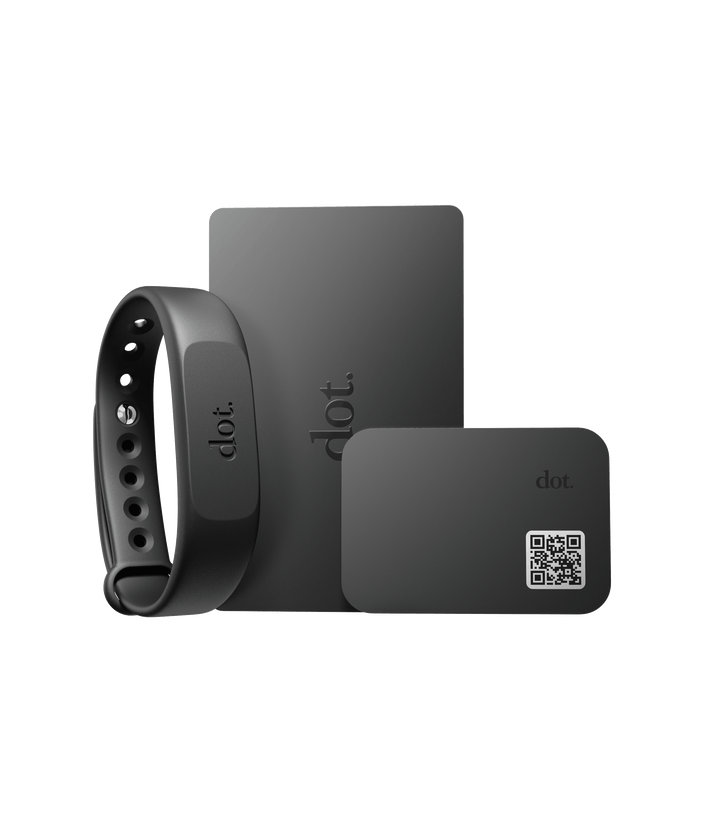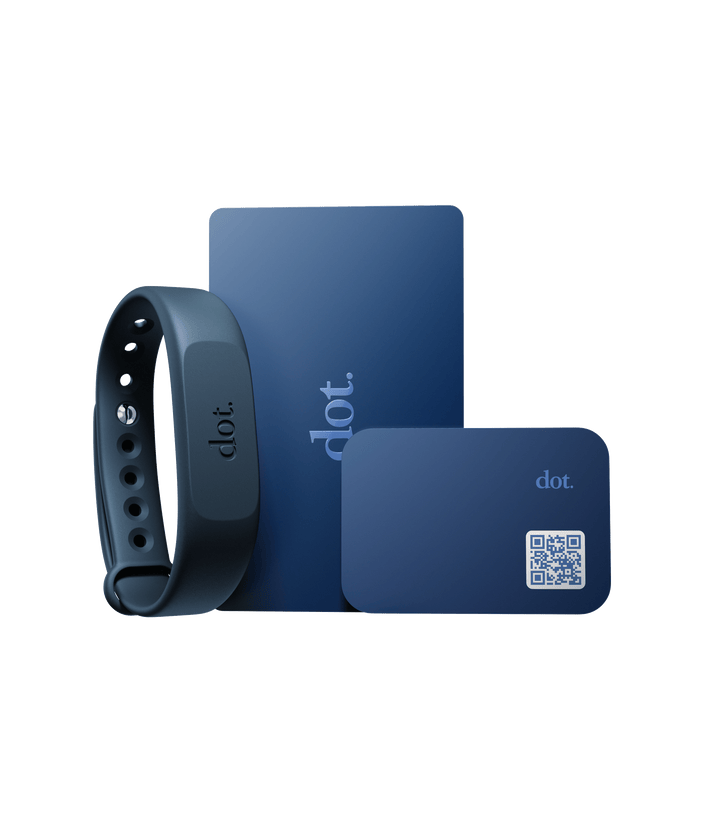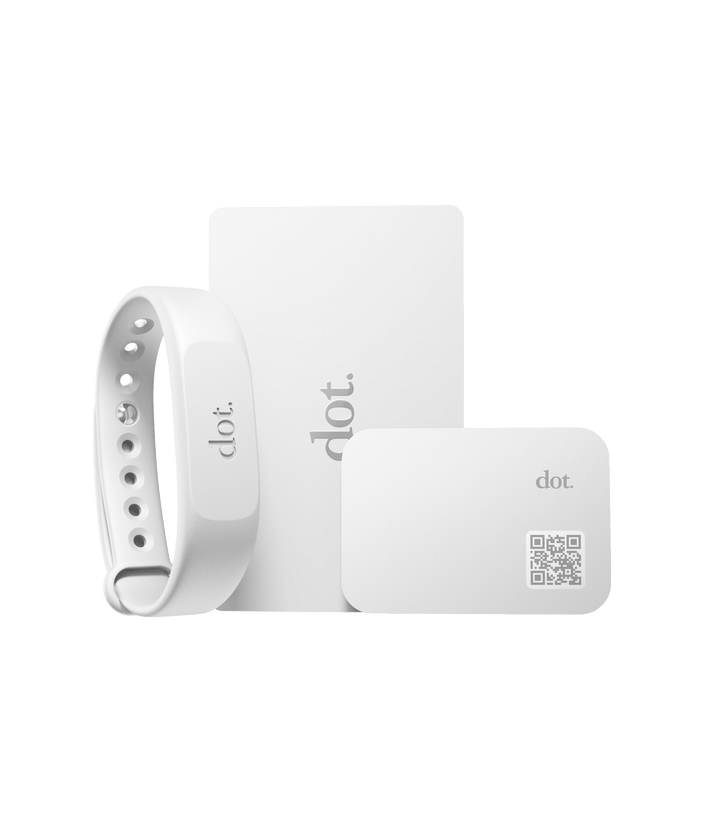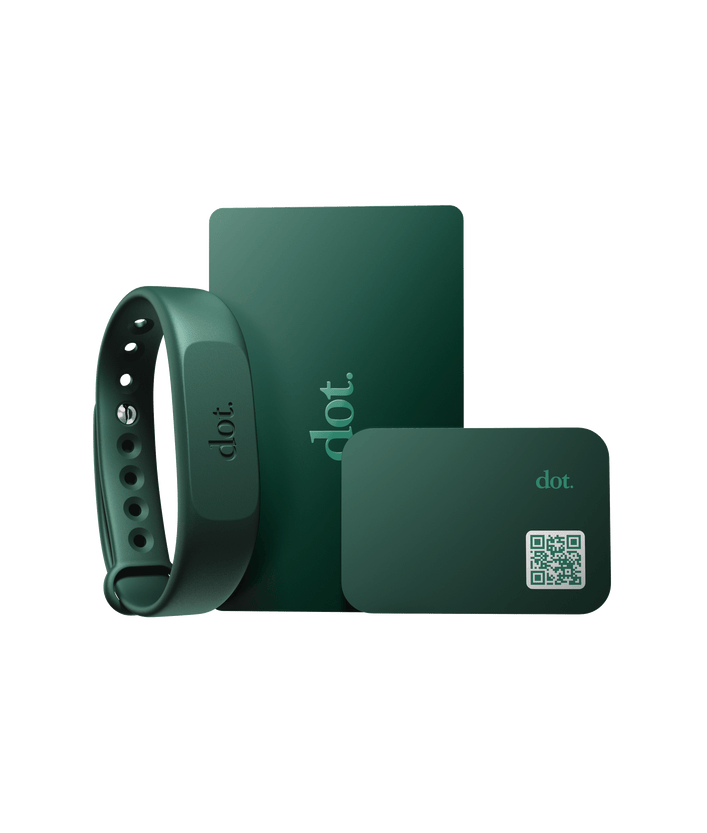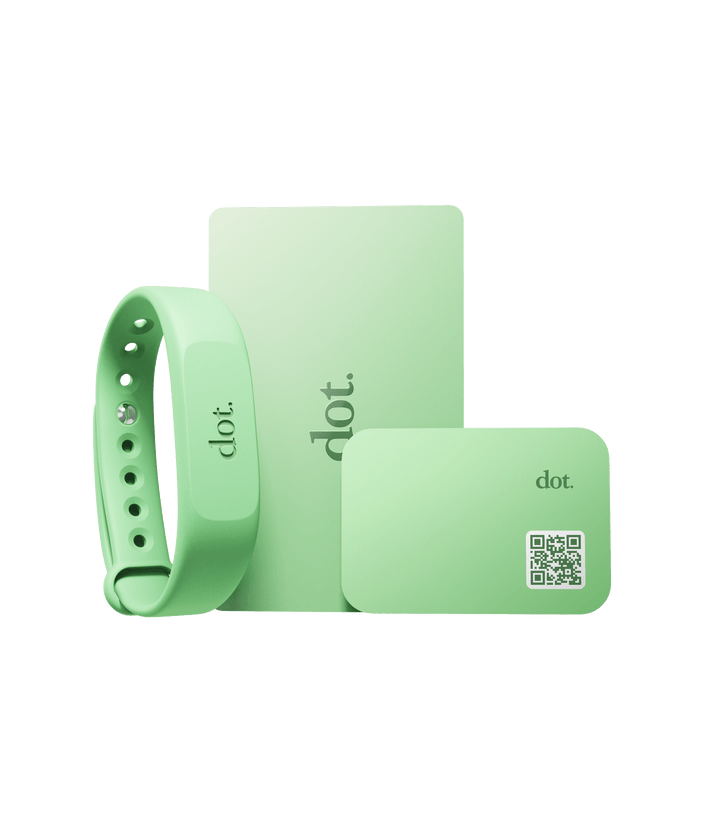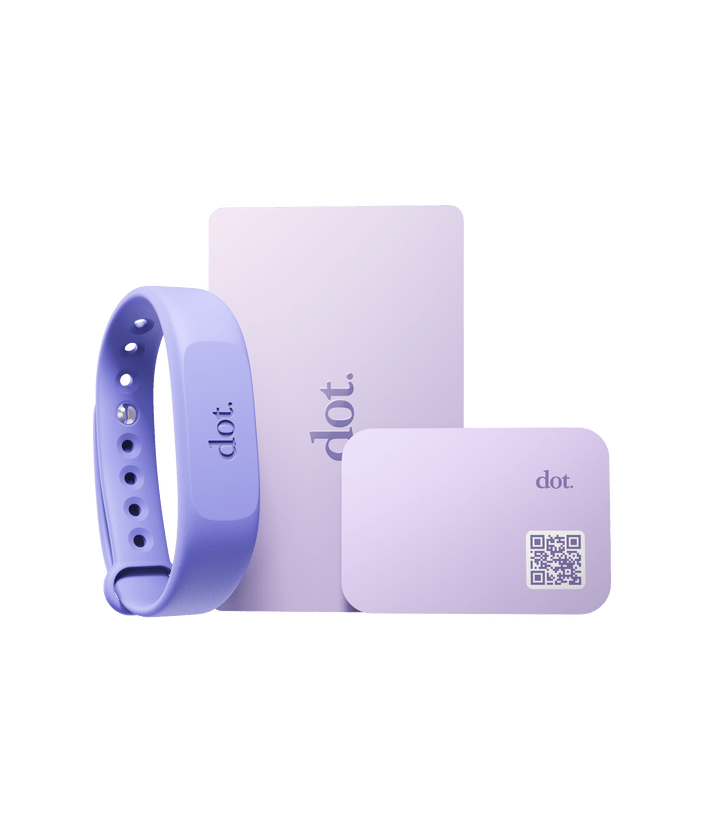Introduction:
In today’s digital age, social media has revolutionized the way businesses–big and small–market to potential customers. With over 3.6 billion social media users worldwide, it's no surprise that influencers have become a key source of marketing for businesses of all sizes. However, many small businesses are hesitant to invest in influencer marketing, believing it to be too expensive or only suitable for larger companies. In this blog post, we will explore the power and benefits of influencer marketing for small businesses, focusing on networking, organic content, and the future of the industry.
The Organic Advantage: How Influencer Marketing Creates Authentic Content:
One of the unique aspects of influencer marketing is the production of organic content that resonates with the audience. Unlike traditional advertising, the content produced by influencers feels less sales-oriented, making it more authentic and relatable to the audience. When an influencer shares your product or service, it is often in a way that fits naturally within their platform.
For example, if you have a skincare product, an influencer might create a tutorial or a review showcasing how they incorporate your product into their skincare routine. This organic approach to marketing positions your brand as a trusted recommendation from someone the audience already knows and trusts, leading to increased brand awareness and potential customer acquisition.
Another benefit of organic content is its potential for virality. Influencers who create engaging and shareable content have the ability to make your brand go viral, reaching a wider audience without the need for additional advertising spend. This organic reach can significantly impact the growth of your small business.
Unleashing the Power of Connections: Networking Opportunities in Influencer Marketing:
One of the most significant advantages of influencer marketing for small businesses is the networking potential it offers. By partnering with an influencer, you gain access to their audience and potentially, their network. Influencer marketing can lead to cross-promotion opportunities, collaborations, and even introductions to other key stakeholders in your industry. Building these relationships can open doors for your business and increase your visibility within your niche.
When selecting an influencer to work with, it is crucial to choose someone who aligns with your brand values, target audience, and overall marketing objectives. An influencer who resonates with your target market can effectively promote your products or services and help you establish credibility within your industry. Additionally, collaborating with influencers who have a strong presence on multiple social media platforms can expand your reach to different audiences, further enhancing the networking possibilities.
Riding the Wave: Small Businesses and the Future of Influencer Marketing
The influencer marketing industry is continuously evolving. In the past decade, it has grown exponentially and is projected to be worth up to $15 billion by 2022. This growth has led to a more diverse set of influencers with varying niches. From fitness enthusiasts to food bloggers, there is an influencer out there for every industry and target market.
This diversity in the influencer landscape means that businesses of all sizes can find an influencer who aligns with their values and targets their ideal customers. With the rise of micro-influencers, who have smaller but highly engaged audiences, small businesses can now tap into influencer marketing without breaking the bank. Micro-influencers often have a more personal connection with their followers, leading to higher engagement rates and a greater sense of authenticity.
As the industry evolves, there are also new opportunities for collaboration beyond traditional sponsored posts. Businesses can explore affiliate programs, where influencers receive a commission for each sale generated through their unique referral link. This mutually beneficial partnership incentivizes influencers to actively promote your products, driving both awareness and sales.
Furthermore, emerging technology like artificial intelligence and blockchain is reshaping the influencer marketing landscape. These innovations are allowing for greater transparency, improved targeting, and enhanced measurement of influencer campaign performance.
Conclusion:
Influencer marketing offers small businesses a unique opportunity to connect with their target audience in a more authentic way. The power of an influencer's network, partnered with the organic content produced, creates the potential for increased visibility and trust within a niche. By leveraging influencer partnerships, small businesses can gain access to new networks, increase brand awareness, and drive customer engagement.
As the influencer marketing industry continues to grow and evolve, it's exciting to see how it will shape the way businesses of all sizes approach digital marketing. By embracing this powerful tool, small businesses have the potential to grow their reach, increase sales, and make meaningful relationships with the influencers of the digital world. So, don't let the misconceptions or size of your business hold you back from harnessing the power of influencer marketing. Start exploring partnerships, creating authentic content, and amplify your brand's presence in the ever-evolving world of influencer marketing.
